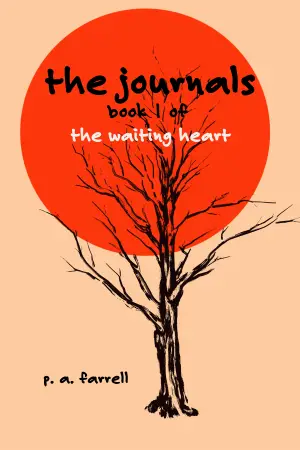The Kite Runner: A Journey Through Love, Betrayal, and Redemption
When I first picked up The Kite Runner by Khaled Hosseini, I had heard whispers of its emotional depth and breathtaking storytelling. I was immediately drawn in, intrigued by the promise of a tale weaving together childhood, friendship, betrayal, and the quest for redemption. Little did I know, this book would grip my heart in a way few others have.
Set against the backdrop of Afghanistan’s tumultuous history, The Kite Runner explores the complex friendship between Amir, the privileged son of a wealthy businessman, and Hassan, the son of his father’s servant. Their bond is instantly captivating, and as I journeyed through their childhood, I felt the weight of loyalty and betrayal as though I were living right alongside them. The stark class divide, the societal norms, and the haunting repercussions of Amir’s choices are portrayed with such authenticity that it’s impossible to remain an uninvolved observer.
One of the book’s central themes is the nature of forgiveness and redemption. Amir’s personal journey, marred by his own cowardice and the desperate desire for his father’s approval, is both heartbreaking and relatable. I found myself empathizing deeply with him, feeling the pangs of his guilt and longing for redemption that echo through the ages. Hosseini’s insightful lines, such as "There is a God, there always has been," resonate long after you’ve turned the last page, challenging perceptions of faith, morality, and human connection.
Hosseini’s writing style is nothing short of lyrical; he brings the Afghan landscape and culture to life with vivid descriptions and emotional nuance. The pacing is engaging, keeping the reader invested in Amir’s growth from a selfish boy to a man wrestling with his past mistakes. Each character, particularly Hassan, is layered and complex, embodying both grace and the struggles of a life marked by hardship. As one reviewer beautifully articulated, "A man who has no conscience, no goodness, does not suffer." This sentiment struck me deeply, as it encapsulated the moral dilemmas that enrich the narrative.
The emotional exploration of family, love, and betrayal offered by The Kite Runner left me reflecting on my own relationships and the legacies we carry. Hosseini masterfully crafts a story that not only entertains but also prompts introspection on the nature of human connections.
I cannot recommend The Kite Runner enough—whether you’re a fan of historical fiction, exploring themes of friendship and reconciliation, or simply captivated by gorgeous storytelling. This novel invites readers to examine their own lives while connecting with its characters on a profoundly personal level. It’s a book that will stay with you long after the final page, a testament to the power of redemption and the enduring strength of the human spirit. If you’ve yet to dive into this richly woven tale, I encourage you to do so; it may very well change the way you see the world—and yourself.







